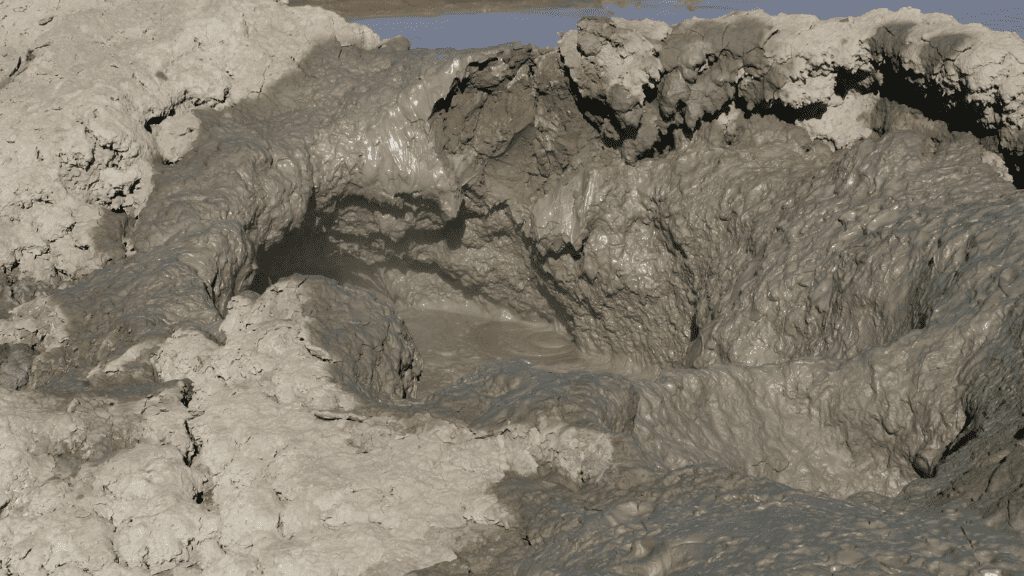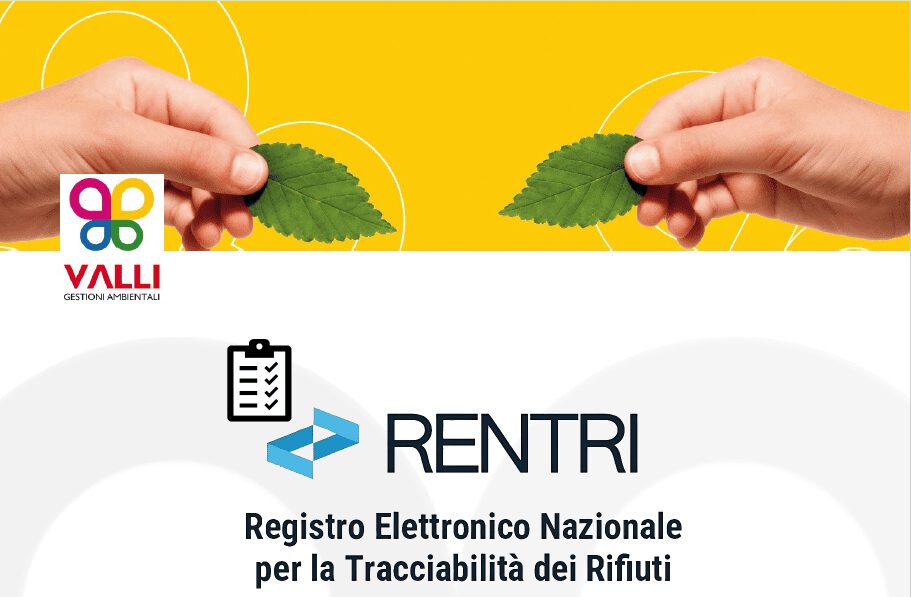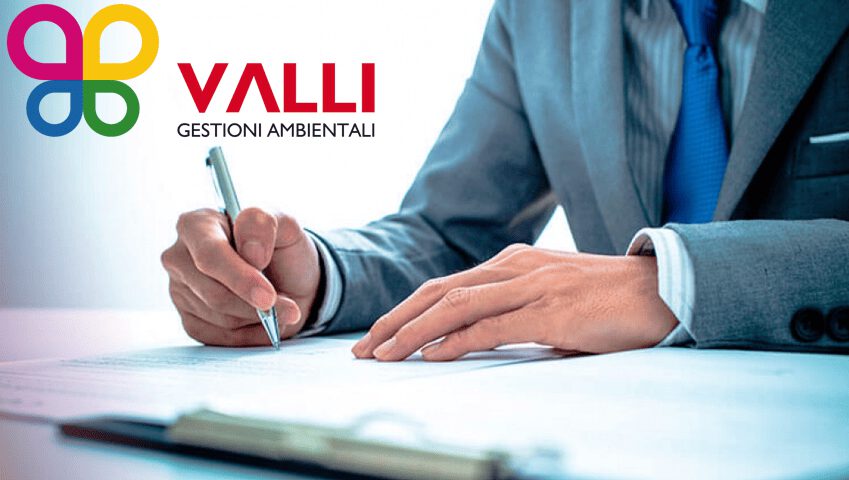Before describing how the disposal of industrial sludge takes place, it is first necessary to give a definition. Industrial sludge is residues from wastewater treatment processes, also referred to as wastewater. The water that is used in industrial and agricultural activities contains, in fact, organic and/or inorganic substances that cannot be released into the environment (into the soil, rivers, lakes or sea). For this reason, wastewater must be subjected to chemical and/or physical treatment and purification processes, from which sludge originates as residues. Therefore, the pollutants removed from wastewater are concentrated in the sludge and can be organic or inorganic in nature. Sludge from industrial activities, as well as other waste, must be subjected to recovery and/or disposal processes carried out in accordance with the provisions of Italian and European standards.
Disposal of sewage sludge
The management of sewage sludge is governed by art. 184 of Legislative Decree 152/2006, paragraph 3, letter g) which classifies it as special waste, specifying that this definition also includes “waste deriving from the recovery and disposal of waste, sludge produced by drinking water and other water treatments and wastewater purification, as well as waste from fume abatement, septic tanks and sewage networks.” Article 127, paragraph 1, of the Consolidated Environmental Act, moreover, provides that “without prejudice to the regulations set out in Legislative Decree No. 99 of 27 January 1992, the sludge deriving from the treatment of waste water shall be subject to waste regulations, where applicable and at the end of the complex treatment process carried out in the purification plant. The sludge must be reused whenever its reuse is appropriate”. The regulations on waste must be applied to the treatment considered as a whole, starting from the preliminary treatment of the sludge that is carried out at the plants with the aim of preparing it for its final destination (disposal or reuse), in conditions of safety for the environment, through stabilization, reduction of volumes and other processes.
Sewage sludge cannot be directly discharged into water bodies or reintroduced into the environment, but must be properly managed as special waste and subjected to treatments that make it suitable for recovery and/or disposal.
These treatments can be biological, chemical and thermal and serve to improve their characteristics as well as prevent the onset of hygienic-sanitary problems deriving from the use of contaminated water. In particular, the treatments are divided into:
- processes for separating the liquid fraction from the solid fraction, such as thickening, dehydration and thermal drying;
- conversion processes that include: stabilization, conditioning, incineration, pyrolysis and disinfection.
Proper management of the sludge produced by wastewater purification can significantly reduce the costs of the plants that will take care of its recovery or final disposal.
Let’s see what are the steps necessary for the correct management of industrial sludge and the actions to be taken to protect the environment from the risk of pollution.
Industrial sludge disposal
The management of sewage sludge is a complex procedure that requires training that takes into account scientific progress and the consequent updating of the relevant laws. The collection, management and disposal of industrial sludge must be carried out with tools and means suitable for reducing to zero the possibility of it being dispersed during transport and ensuring compliance with hygiene-health and environmental protection regulations.
This is why, for the reasons set out above, these operations must necessarily be carried out by specialized companies that have the authorizations established by the competent authorities.
Sewage sludge disposal cost
The cost of managing sewage sludge depends on many factors, including the amount of water it contains. The higher the water content, the higher the amount required for disposal and transport.
Valli Gestioni Ambientali is registered in the National Register of Environmental Managers and deals with the collection of the main types of liquid, shovelable or solid sludge intended for recovery or disposal.
Thanks to its network of European partners, the company collects sludge, liquid, shovelable and/or solid waste, produced by metalworking and more, throughout Italy. This waste is destined for treatment processes that ensure its correct management. The sludge is stored in special authorized sections of the company. The storage operation is very important to ensure the correct management of this type of waste, which must be prepared in order to be destined for subsequent treatment, recovery and/or final disposal. In this way, Valli Gestioni Ambientali ensures proper management of sludge waste.
If you are looking for a company that deals with the disposal of sewage sludge, fill out the form to be contacted by an expert as soon as possible.




